It’s Ryan Murphy’s world… Is there room for anyone else?
By Jesse Boland
When I had begun to come to terms with my sexuality in 2010 as a still closeted fifteen year-old, I pondered what life could look like in this new realm none of my family members or friends could relate to? Like all millennials at the time, I sought solace in the world of television because my grade 10 public school education did not give me the braincells to read Larry Kramer. Thankfully, as a Canadian I had the privileged birthright of being able to witness the magnum opus of melodramatic sagas of our generation that was season 10 of Degrassi: The Next Generation – the season with the carnival promotional trailer – which gave us the greatest gay couple in the history of fiction: Riley and Zane. I won’t go into detail illustrating how that three season B-storyline arch opened my third-eye and freed me from the shackles of heteronormative hegemony, but I will say as a homo in utero it gave me my first glimpse in television as to what my life could look like as I begun to slowly accept and embrace my new identity.
For those also closeted children my age at the time who did not grow up on the northern side of Niagara Falls, this gem of Canadian pride was likely lost on them and were forced to find their representation elsewhere. It is here that we meet the catalyst of the twink rights movement and the latchkey creation of the Ryan Murphy industrial complex: Kurt and Blaine. Yes, the couple that introduced the world to the young, gay, vers-bottom love affair that would have undoubtedly been brought onto The Ellen DeGeneres Show and given $10,000 if they were real.
Whether they were the reason you stopped picking on the kid in your class who made “Firework” lyrics his Facebook status twice a week or the reason you started picking on him, it was undeniable that Ryan Murphy had given us the Johnny & Clyde of the neoliberal, Born This Way era gay rights movement. Still, for many like myself, we did not fully connect with Glee for its questionably intentional campy writing or for struggling to see ourselves represented by 16 year-old characters being played by 32 year-old actors. Regardless, I respected Ryan Murphy for what he had done for the culture of queer representation in television but held out hope that further down the road I would see a more varied array of narratives in the future; how very disappointed I would soon become.
In my ten years of life since coming out as gay, I for one have not ventured through a heart-wrenching bildungsroman of queer love and triumph scored to the music of Sufjan Stevens. Instead, I simply spent the past decade hooking up with far too many guys named Andrew or Matt and graduating from a useless Bachelor of Arts program all without acquiring a driver’s license; that was my Moonlight. While my personal experiences – as well as of course historic world changes to the very fabric of our reality – have reshaped my understanding of what queerness is, I’m not sure if the same can be said for Murphy and his now monumental media empire.
Following the critical, commercial, and cultural success of Glee, Murphy flexed his creative versatility by expanding into the horror genre of television with his long running anthology series American Horror Story. Here, Murphy demonstrated to the world once again that gay people can do more than just perform spontaneous musical numbers or be harassed by closeted highschool bullies, but that we can also show our bare asses in plotless sex scenes while being graphically stabbed to death by Evan Peters.
Further developing his portfolio within the canon, Murphy proved that queer people can additionally perform musical numbers not just in schools, but also in AIDS wards with Pose; how even when we’re rich and famous we can still be brutally murdered (but with guns too), as shown in The Assassination of Gianni Versace: American Crime Story; that outdoor pool orgies featuring a baker’s dozen men with hairless torsos were still happening during the golden age of cinema, as seen with Hollywood; but most of all, that truly any one of us can be played by Sarah Paulson.
In fairness though, most of the series named have actually been quite excellent in quality both in terms of acting and even overall storytelling (for typically the first four to five episodes at least). Murphy has unquestionably amassed a commendable abundance of acclaimed projects under his belt deserving of praise from critics and audiences alike as well as respect from the LGBTQ+ community for bringing our stories to the forefront. Therein lays the concern however, that behind nearly every prolific example of queer excellence in television production for the past decade, there has almost been that one name attached. That the spectacle of LGBTQ+ triumph being illustrated to audiences and demonstrating all that queerness can be has predominantly been filtered through the lens of but one man’s vision. Ryan Murphy may have created space in television for our community, but it is undeniably his space for us to exist in and for his rules to abide by.
Murphy has created an oligopoly of media that insists the storytelling of his productions align with one another to match with his own beliefs and ideas of what is queer identity. Despite the vast differences in tone and narrative in his productions such as Scream Queens and The New Normal or The Politician and Feud, these different worlds still exist within one creative universe with unwritten laws of how queer people should look, behave, speak, and feel. While this auteurism is the understandable prerogative for any creator, it sparks an issue when this catalogue of projects becomes the embodiment of media representation for an entire community of people. Murphy has illustrated what he believes for it to be queer, and if you don’t agree with it, then it is you who is wrong.
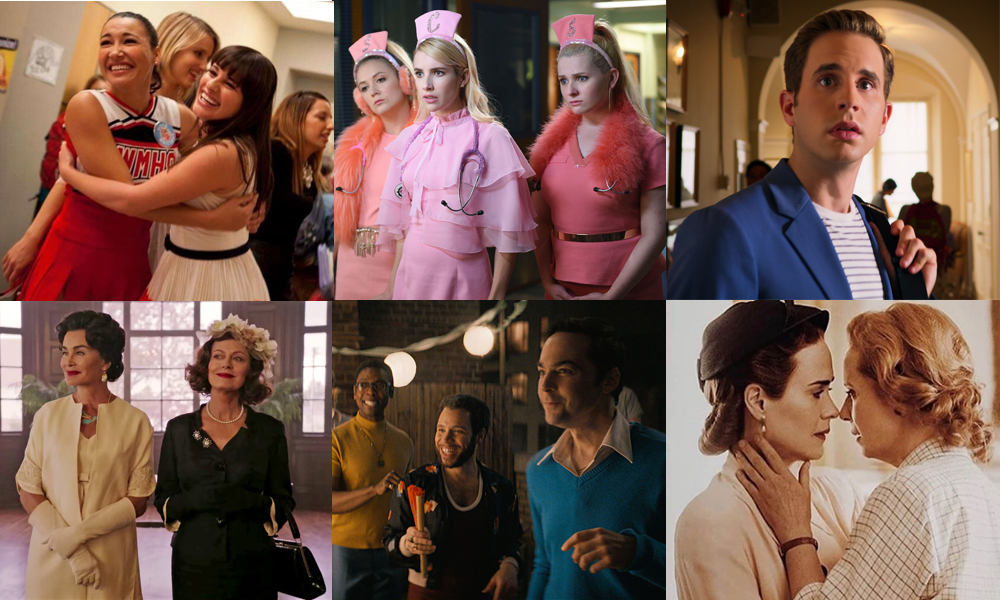
While having a token queer character is a staple of essentially every show in the modern age of television, and basically half of all television writers are gay men with verified twitter with 4,000 followers, there is still a scarcity of shows developed and created by queer showrunners. Other queer showrunners have successfully brought their visions to life on the small screen without the stamp of approval of Murphy’s name attached to them, but typically not for very long.
Michael Lannon was able to pump out two seasons and a made-for-TV movie with Looking on HBO that was met with praise from critics but was ultimately canceled after failing to pull in viewers. Sci-fi visionary sisters Lana and Lilly Wachowski garnered universal acclaim and a devoted fanbase with Sesnse8 for its commendable approach to the intersectionality of global citizenship combined with the spectrum of sexual and gender identity, but was still canned by Netflix after two seasons and a peculiar Christmas special. Chris Kelly alongside with fellow Saturday Night Live alumni Sarah Schneider struck gold with their critically lauded Comedy Central series The Other Two which is so far still in production for its second season on HBO Max. But given its popularity not reaching anywhere close to the creators’ prior project Broad City, this duo may be looking to join Lannon and the Wachowksis on the other side of the rainbow in the land of syndication.
To say whether the mentioned titles above and other cancelled queers shows like them were of greater quality than Murphy’s productions is a matter of personal taste, but that’s not the issue. What’s concerning is that alternative perspectives of queerness and voices of the community, as raspy and belligerent as they may be, are not able to survive in an industry that has determined what alternatives to heteronormativity are acceptable. The rainbow of queer television has been narrowed down to a swatch holding a handful of stripes of inoffensive pastels as opposed to an expansive colourwheel of limitless hues and tones to properly represent the vibrancy of its community.
I respect Ryan Murphy, I truly do. His work is like the popular gay kid in highschool who I couldn’t relate to, but whose popularity alone opened the doors of the closet for others like myself to eventually come out of, and I’m grateful for that. But he can’t be the end all. What if queer television never evolved from Will & Grace and Queer as Folk limiting your only two queer role-models to aspire to in life were Jack McFarland or Brian Kinney? (And that’s just assuming you’re a cis-white gay man). There are endless queer stories out there both fictional and non-fictional that deserve to be told, but they can’t all be told by one man no matter how successfully he might produce them. LGBTQ+ storytellers deserve to be able to create their work without Murphy’s stamp of approval to do so, and audiences shouldn’t need to see his name in the opening credits to trust in these projects.
The power couple of Riley and Zane played by two obscure actors on a low budget Canadian soap opera changed my life more than two Golden Globe winning actors could do on arguably one of the biggest shows of the century ever could, and I wonder what some other aspiring queer showrunner could do for another struggling kid right now. All they need is a chance to do so, but they shouldn’t have to depend on Ryan Murphy to give it to them.

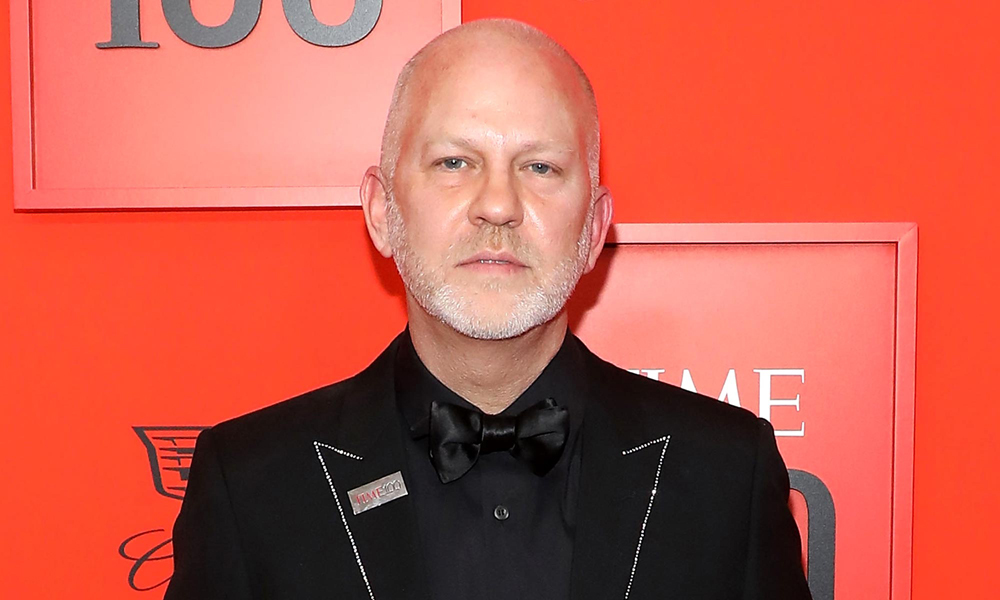
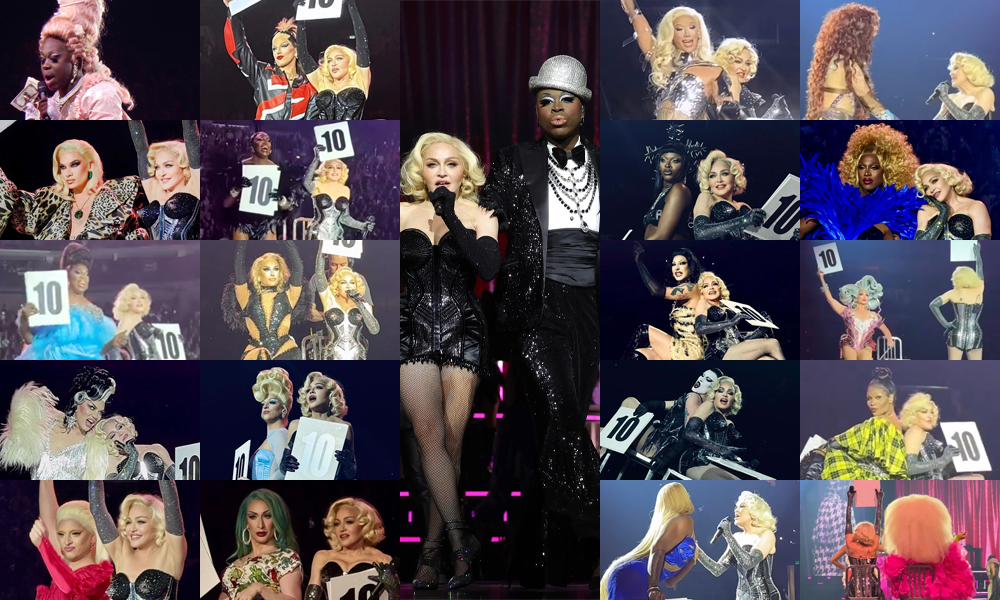
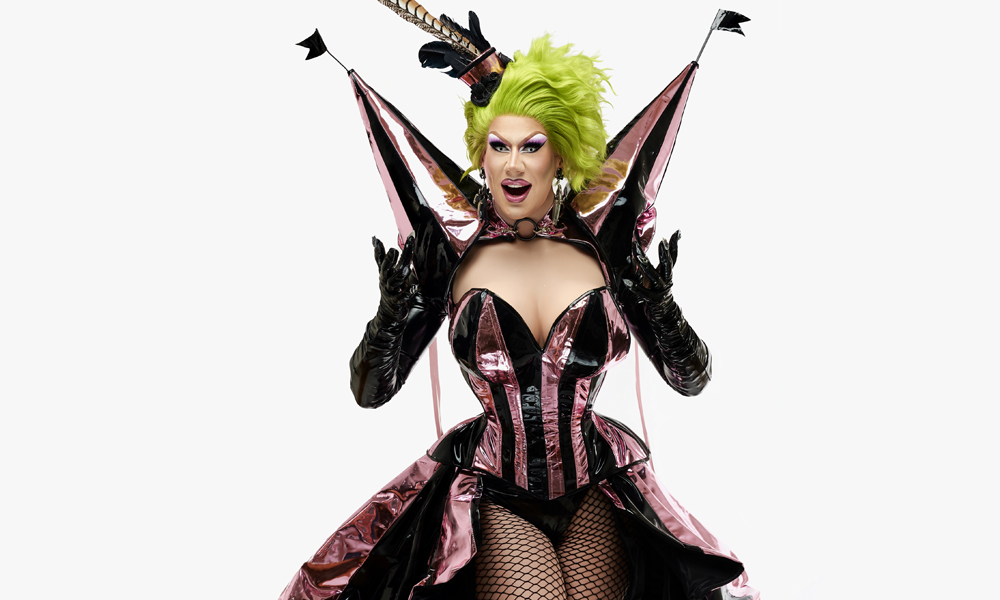
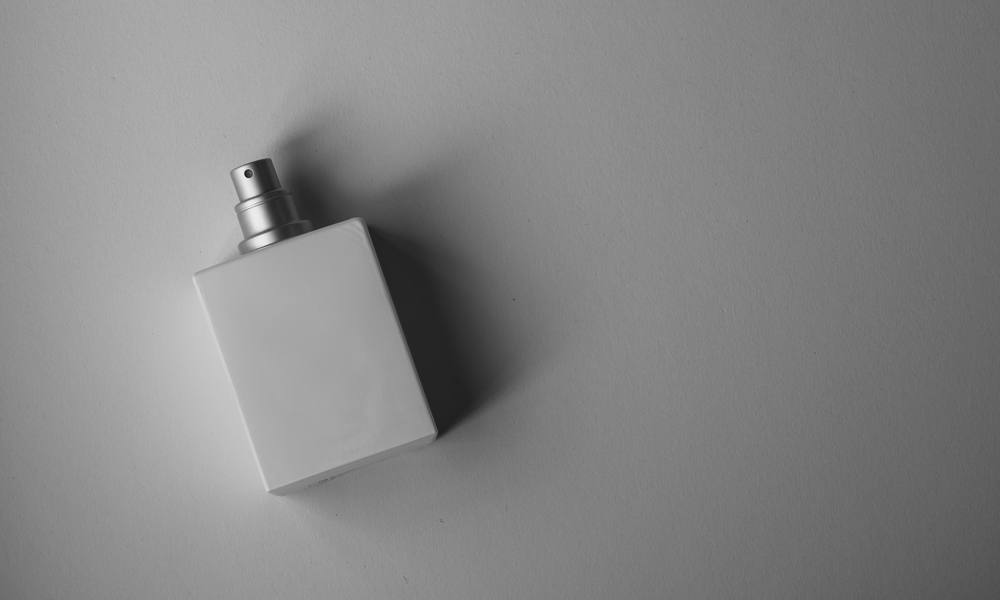

Sarah Paulson...probably / 14 August 2021
Jesse’s take on queer film is well informed, in depth and enlightening. I enjoyed every reference.